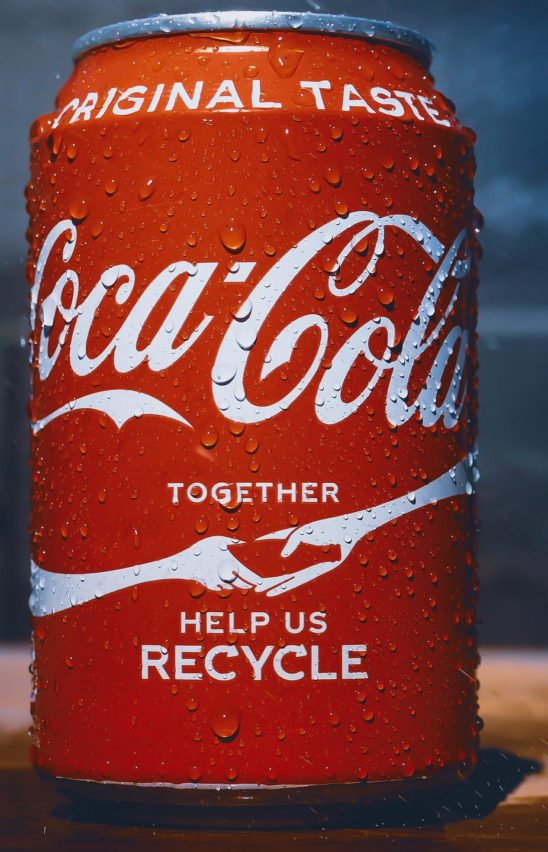
Coca-Cola. When blackmailing investments becomes a communication mistake…
On Wednesday, August 24th, the government announced in the framework of its plan against the deficit, the creation of a tax on sugar drinks. On Thursday, September 8th, Coca-Cola threatened to stop a 17 million Euros investment on its site of Pennes-Mirabeau in the department of the Bouches-du-Rhône. François Fillon qualified this attitude of “blackmail” and Coca-Colas pulled back its comment very quickly (in one day!) and asserted that it was a “communication mistake”. Coca-Cola’s influence strategy had hardly begun when it was already faced with the specificities of French public affairs: offensive communication via the media against government measures is not always well seen…and not only by the ministries. The press in this case took part with politicians.
By publicly pushing forward its means of pressure on the public authorities, Coca-Cola had too much confidence and did not take into consideration the pre-presidential election climate. By qualifying Coca-Cola’s position of “blackmail”, the prime minister took the citizens as witnesses as they generally severely judge the behaviors of major corporations. He based himself on the negative image of which they suffer in France and where they are easily qualified as irresponsible and accused of not taking into consideration the public authorities.
Explaining like Coca-Cola did that investments on a site will be stopped in protestation of political measures can appear to be close to blackmail: an arbitrary punishment, unfair, unjustified and unjustifiable. However, explaining very generally that Coca-Cola France, because of the negative effects of this tax on its sales, will need to readjust some of its investments and regrets this measure that will hold back its growth, would have been on the other hand more appropriate to put the government in front of its responsibilities and to push them to re-examine the project.
The starting context was rather favorable to Coca-Cola as austerity plans are generally not very popular. Coca-Cola could have logically presented itself as the one who protects its consumers and asks the government to explain the well-founding of its project. But its “communication mistake” put the company in the uncomfortable situation of having to justify itself…The rumor about the layoff of the director who had announced the end of the investments and the disclaimer that the company had to publish on September 20th are the obvious illustration
